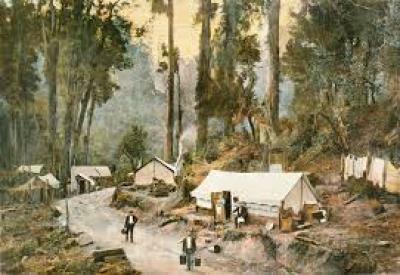Applied management training
The Ministry of Works was a prime mover in further education and this especially applied to ensuring that its engineers were given practical management training. Throughout the 1960s, for example, its chief training officer G.P. Rabey with the Institute of Management conducted applied training sessions throughout the country.
In your anonymous communique “Do you Want Another Ministry of Works?” Your correspondent defines the problem which was becoming discernible in the 1960s of the government being the major operator, in this case of public works, while at the same time being civil engineering sector regulator. As was pointed out, this dual role had the immediate impact of an extreme safety regime everywhere, all the time.
The wisdom of the state relinquishing operational participation in civil engineering works, as your correspondent indicated, became abundantly obvious with the Pike River mining disaster in which there was a deliberate attempt to smear the state which was vulnerable as both operator and regulator.
The Ministry of Works had come to the end of its useful life by the 1980s. The private sector by then had developed to the point at which it could take over, and which it proceeded to do.
The notion that the Ministry of Works was behind the times, feather-bedded, or otherwise unequal to the technical demands placed upon it is quite untrue, and quite unfair to the dedicated people who successfully staffed it all levels and right to the very end.
As your correspondent states, it should instead be held up as a shining example of quite recent New Zealand civil engineering excellence.
Your correspondent likened its structure to that of the military. My recollection is that its administrative structure also resembled the Imperial one with its district officers, commissioners, and Residents.
All this did nothing to dispel the fusty image that now attaches to the old Ministry.
Yet it was exactly this clear-cut structure that pinned down responsibility and successfully sidestepped the type of multi-layer administrative duck shoving that has come to characterise big projects in the current era. Whoever was operationally responsible for projects at the MoW, it was always the engineer.
With good wishes
A.J. Springhall





